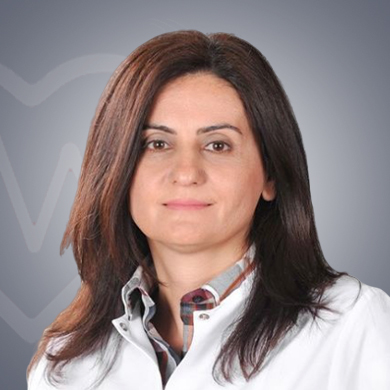
12 Years of experience
Speaks: English
Neurosurgeons are trained to treat people suffering aneurysms, blocked arteries, trauma to the brain and spine, birth defects, chronic low-back pain, brain and spinal cord cancer, and peripheral nerve problems. Neurosurgeons also do surgeries for carpal tunnel syndrome, spinal surgery, and brain tumor removal surgery. Here is a list of some of the conditions Dr. Tulun Savas Gurses treats:
Neurological conditions produce different symptoms ranging from mild to severe. You should never ignore any such symptoms because these may lead to severe results if left unaddressed. Some of the signs and symptoms that neurological disorders can produce are listed below.
When the brain is damaged, it affects different things, including memory, sensation, and even an individual’s personality. Brain disorders are caused by illness, genetics, and traumatic injury. These disorders can produce different symptoms.
The working hour of doctor Tulun Savas Gurses is 11 am to 5 pm from Monday to Saturday. The doctor has an off on Sunday. Call the doctor or his attendant to confirm his/her availability because the doctor may not be available due to some personal reasons or any emergencies.
The popular procedures that Dr. Tulun Savas Gurses performs are listed below:
With a rich experience in neurosurgery and having a record for performing a number of successful brain surgeries with a high success rate, the neurosurgeon has received global recognition for their holistic approach. Patient safety is the top priority for the doctor who follows all medical protocols and provides care of international standards. Also, the doctor can handle even the most complicated cases with ease.

Share Your Experience about Dr. Tulun Savas Gurses

Neurosurgeons, also known as brain surgeons, are doctors who specialize in the surgical treatment of conditions that affect the nervous system, brain, and spine. Neurosurgeons first have the training which makes them eligible to practise as a doctor. After this, they complete specialist training in neurosurgery. Neurosurgeons mostly see patients in their own clinics and public and private hospitals. Sometimes, they have to work with other specialists and medical experts to seek their opinion on diagnosis and surgery techniques. They also evaluate the diagnostic tests to know the exact underlying conditions and accordingly proceed with the treatment.
A neurosurgeon will recommend you one or more diagnostic tests before and during consultation in order to find out the case of the condition and start the right treatment. For a complete evaluation of your condition, you have to undergo neurological examination which may include the following:
Some of the diagnostic tests required before and during a consultation with a neurosurgeon are::
Here are some of the top signs that suggest you should consult a neurosurgeon:
Dealing with the entire nervous system, neurosurgeons treat all the parts of the body that are affected by nerve issues. They do complex surgeries on the brain. Before starting treatment, they diagnose patients' symptoms and design minimally invasive treatment plans.